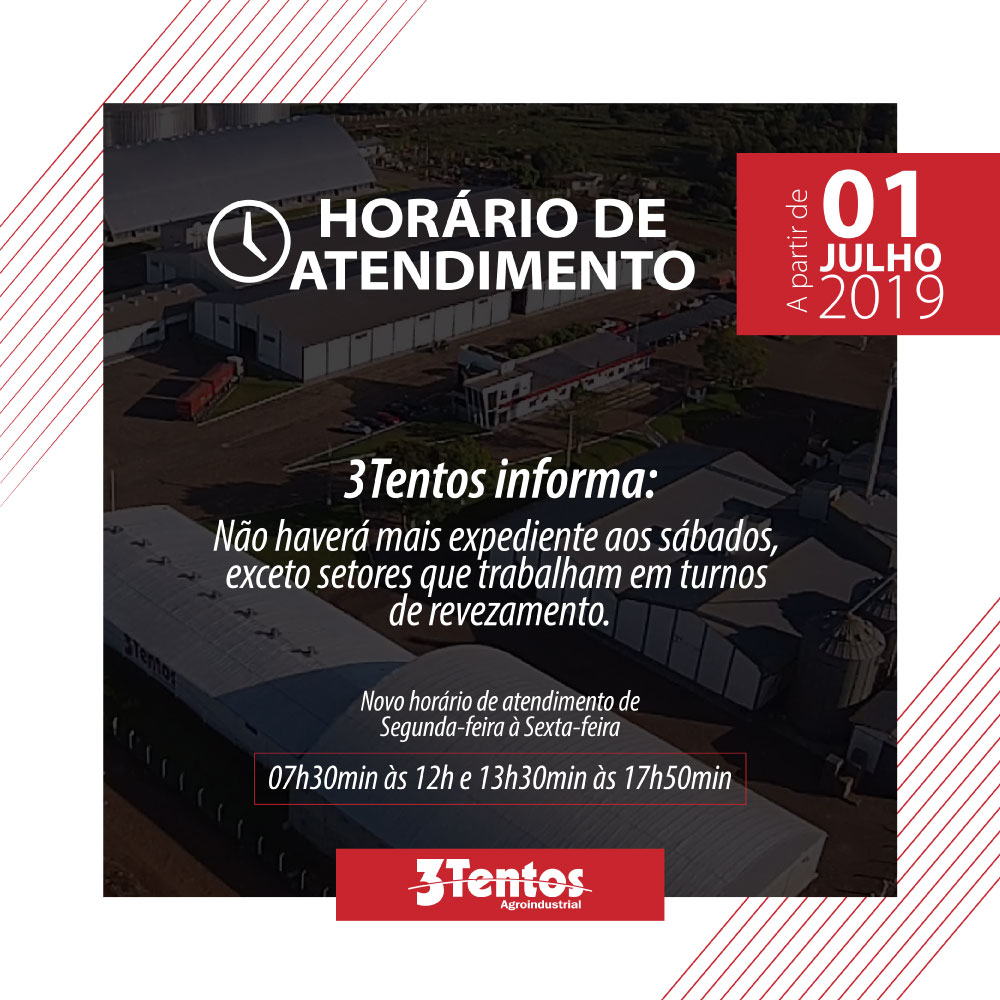Soil is the key to extract maximum performance from crops. Through chemical and physical analysis, already common to farmers, it is possible to verify fertility conditions, structure and available nutrient levels, crucial for a good planting. However, there is a huge gap between these analyses: obtaining detailed information about the biological components present in the soil.
This understanding is critical to fostering the adoption of and investments in sustainable agricultural practices, as it allows farmers to track improvements in their fields, as well as early detection of potential threats and deficiencies, enabling preventive and regenerative agriculture.
Although the academic society has developed several tools for the study of the microbiological components of soils (microbiome), these technologies are little known and adopted by Brazilian farmers.
Recently, the strengthening of new biological analysis tools in the areas of biochemistry and genetics has enabled the development of bioindicators capable of quantifying and qualifying the biological component of the soil. Among the tools, the analysis of the microbiome through the metagenomics technique stands out.
Metagenomics is the field of study of DNA from environmental samples, through which it is possible to access the DNA of microbial communities and infer information, identifying which species of microorganisms are present in the soil, their functions and the population level.
The report generated by this type of analysis, which is issued by specialized laboratories, makes it possible to quantify existing challenges, detect latent threats and define specific management actions.
Examples:
There is presence of pathogenic fungus in high quantity. Recommendation: application of fungicide.
There is little presence of nitrogen-fixing microorganisms. Recommendation: perform seed inoculation.
Thus, the results of this detailed investigation of life in the soil favor the maximum profitability of crops, through the identification of the ideal biological for each area, environment, culture and agronomic challenge.
Biological diagnosis is unique and personalized, which facilitates decision making, provides risk mitigation and optimizes what is already in good working order in the soil.
Commercial-scale metagenomic analytics
Among all the benefits of biological soil analysis, we can highlight the customization of the treatment, since the farmer will have specific product recommendations for the reality and needs of his properties.
Biotrop, a partner company of 3tentos in biological and natural solutions, with the aim of offering the benefits of analysis to its customers, started an unprecedented project in the world on a commercial scale: Agrobiota.
The company's goals with the initiative are to help growers and consultants understand the importance of the soil microbiome and provide a tool that is easy to understand and apply, leading to wider adoption of regenerative agriculture technologies.
Through a relationship program, 3tentos makes available to its partners, who purchase Biotrop products, the possibility of collecting soil samples for carrying out Agrobiota. At the end, the results are delivered with data interpretation and customized recommendation.
About Agrobiota
The pilot project of the program was implemented in 2020/21 in Rio Grande do Sul, with 3tentos client producers. To carry out the project, the region was divided into three micro-regions, characterized in terms of soil type, productivity and agricultural management practices. This strategy was chosen to represent the different realities of agricultural production. In the first phase, 50 farmers were selected.
In addition to soil genetic data, other information was included, such as soil physical and chemical analysis, crop rotation and succession, and climate data. This data collection allowed to create correlations between the microbiome and other relevant information.
The results were replicated at a regional and then national level.




